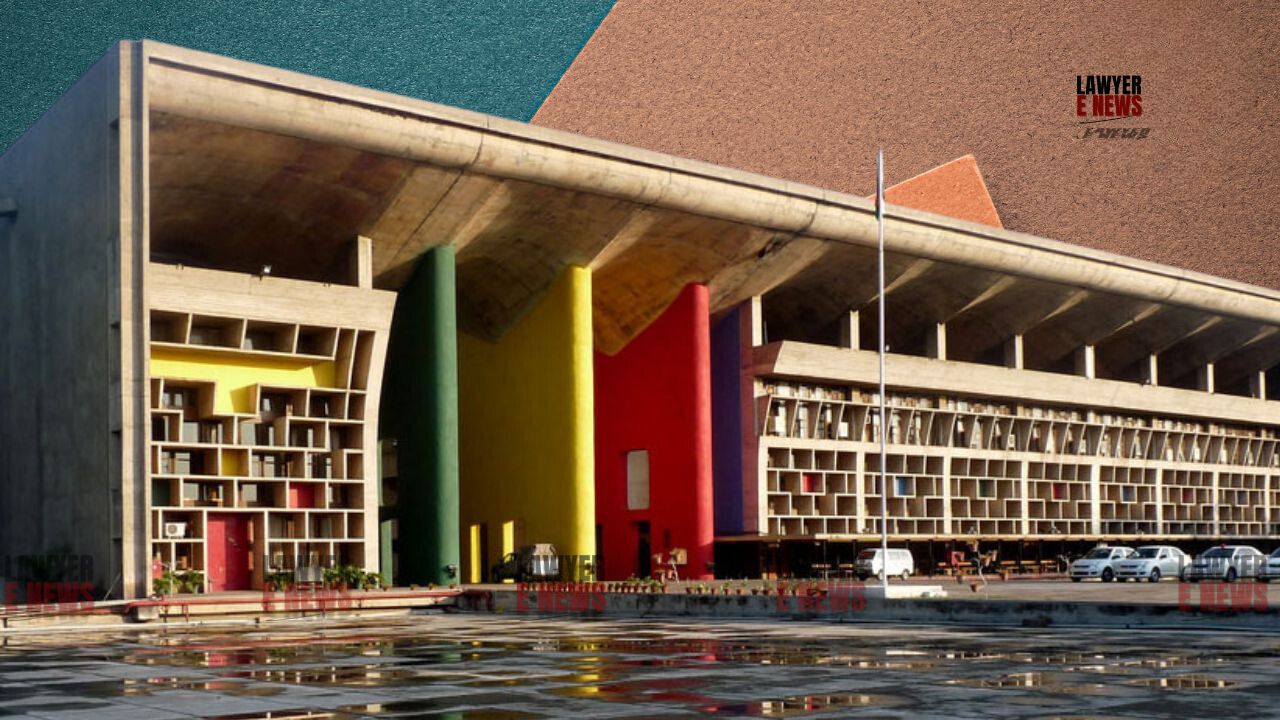-
by Admin
15 February 2026 5:01 PM



The Punjab and Haryana High Court granted bail to Ramandeep Kaur and Sandeep Singh, the primary accused in a case involving the death of Manpreet Kaur, Sandeep Singh’s wife. The court, presided over by Justice N.S. Shekhawat, highlighted the undue delay in the trial as a key reason for granting bail. Despite the serious charges under Sections 302, 494, and 34 of the IPC, the court emphasized that prolonged pre-conviction detention without significant progress in the trial undermines the right to personal liberty.
The case revolves around the mysterious death of Manpreet Kaur on September 18, 2021. Initially, the FIR was lodged against unknown persons following a statement by Gurpreet Singh, the brother of the deceased. He reported that Manpreet was struck and killed by a speeding car while walking near Samana Chungi, Patiala. However, a subsequent statement from Gurdeep Singh, a cousin of the complainant, implicated Sandeep Singh and Ramandeep Kaur, suggesting the death was a deliberate act linked to Sandeep's alleged extramarital relationship with Ramandeep.
Bail and Personal Liberty: Justice N.S. Shekhawat, while deliberating on the bail petitions, emphasized the fundamental principle that bail should be the norm, not an exception. "The object of bail is not punitive nor preventive but to ensure the accused's presence at the trial," the court noted, referring to precedents set by the Supreme Court. The judge further highlighted that keeping the accused in custody for nearly three years without significant trial progress violates the principles of justice and personal liberty.
The court took a critical view of the prosecution’s sluggish progress, noting that only 11 out of 32 witnesses had been examined in nearly three years. This significant delay, coupled with the fact that the petitioners had been in custody since September 2021, played a crucial role in the court's decision to grant bail. "Further custody of the petitioners will not serve any meaningful purpose in the present case," Justice Shekhawat remarked.
The court's decision leaned heavily on the right to a speedy trial, a cornerstone of Article 21 of the Indian Constitution. Citing Supreme Court judgments, the High Court reiterated that any delay in trial must be justified, and when it results in prolonged pre-trial detention, it infringes on the accused’s right to liberty. The judge referred to the principle that detention before conviction should only be used when absolutely necessary, particularly when there is no substantial risk of the accused tampering with evidence or fleeing.
"The concept of speedy trial is read into Article 21 as an essential part of the fundamental right to life and liberty," Justice Shekhawat stated, underscoring that the delay in this case violated this right. He also pointed out that "pre-conviction detention should not be resorted to, except in cases of necessity to secure attendance at the trial or upon material that the accused will tamper with the witnesses if left at liberty."
This judgment from the Punjab and Haryana High Court reinforces the judicial principle that prolonged pre-trial detention, especially in cases of delayed prosecution, undermines the accused's fundamental rights. By granting bail to Ramandeep Kaur and Sandeep Singh, the court has reiterated the importance of a speedy trial and the cautious use of pre-conviction detention. This decision could have significant implications for how similar cases are handled, particularly regarding the balance between ensuring justice and protecting individual liberties.
Date of Decision: 22 August 2024
Ramandeep Kaur v. State of Punjab; Sandeep Singh v. State of Punjab
